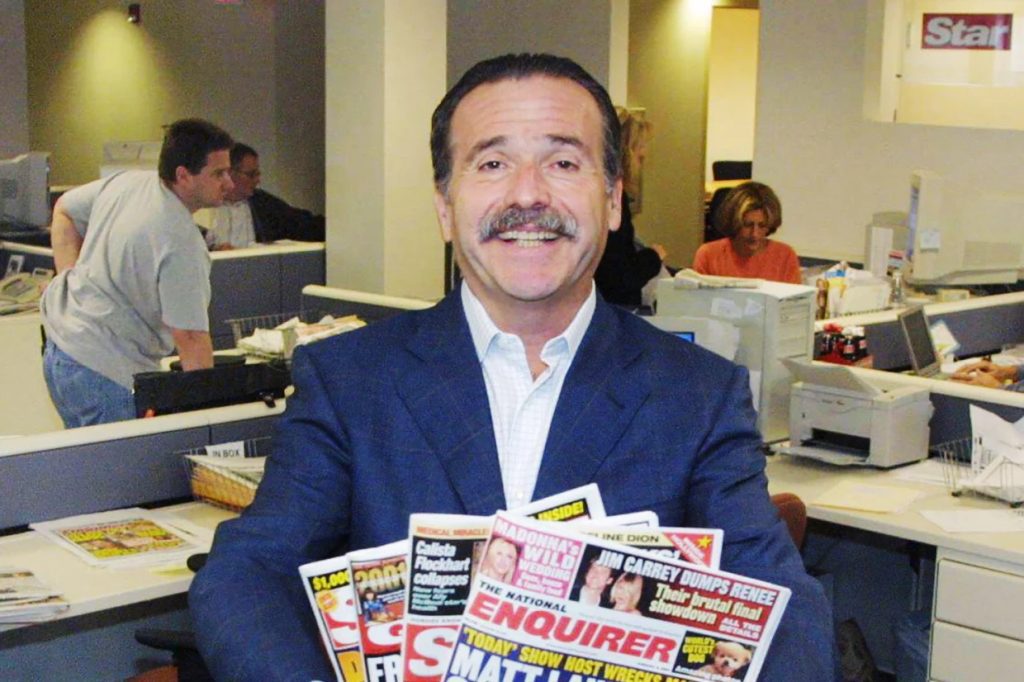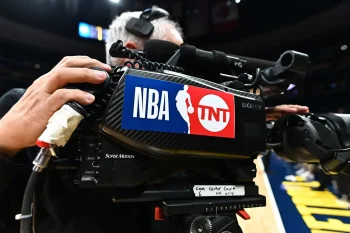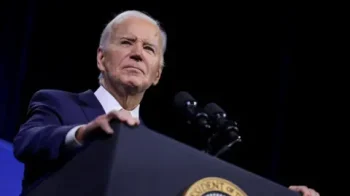During a recent trial involving Donald Trump, former National Enquirer publisher David Pecker’s testimony revealed alarming details about the publication’s operations. Speaking in court, Pecker outlined the tactics employed by the National Enquirer to protect Trump, admitting to purchasing story rights solely to suppress them and even fabricating negative articles about Trump’s opponents. This strategy not only contradicts mainstream journalistic ethics but escalates the questionable practices often associated with tabloid journalism to new heights.
Kelly McBride, a senior figure at the Poynter Institute, expressed her shock at the extent of the misconduct, stating, “I knew the National Enquirer was slimy, but I didn’t know they were this slimy.” The actions described by Pecker during the testimony starkly deviate from the ethical journalism practiced by most media outlets, highlighting a blatant disregard for journalistic integrity in favor of sensationalism and political maneuvering.
Unveiling Misuse of Media Power
The details shared by Pecker about the Enquirer’s engagement with Trump’s campaign through what he described as a “catch and kill” tactic — where stories are purchased to prevent them from being published — illustrate a severe misuse of media power. The testimony revealed how the tabloid manipulated public perception by controlling the narrative around political figures, most notably through an audacious claim about Ted Cruz’s father. Pecker admitted that the Enquirer doctored photos to concoct a story linking Cruz’s father with Lee Harvey Oswald.
This misuse of media influence for political purposes was further evidenced by Pecker’s acknowledgment of the Enquirer’s financial transactions for exclusive stories, a practice generally shunned by reputable news organizations. Chris Roberts, a journalism professor and member of the Society of Professional Journalism’s Ethics Committee, emphasized that paying for news is a clear violation of ethical journalism, stating, “It is in the Code of Ethics: Do not pay for news. It is one of the rare black-and-white things in there.”
Broader Implications for Journalism
The ramifications of Pecker’s testimony extend beyond the immediate legal challenges faced by Trump. They pose serious questions about the integrity of certain segments of the media landscape. The revelations have sparked debates about the responsibilities of journalists and publishers to uphold the truth and avoid actions that could undermine public trust in the media.
Moreover, the testimony could have lasting effects on the perception of media ethics, particularly concerning the tabloid industry’s role in shaping political narratives. As mainstream outlets continue to combat accusations of bias and unethical practices, the explicit admission of such practices by a tabloid publisher only complicates the public’s trust in media entities.
David Pecker’s court revelations not only expose the seedy underbelly of tabloid journalism but also serve as a critical reflection point for media practitioners about the ethical lines that should not be crossed, regardless of political affiliations or financial incentives. As the industry grapples with maintaining credibility, Pecker’s admissions underscore the ongoing challenges in distinguishing between sensationalism and responsible journalism.














